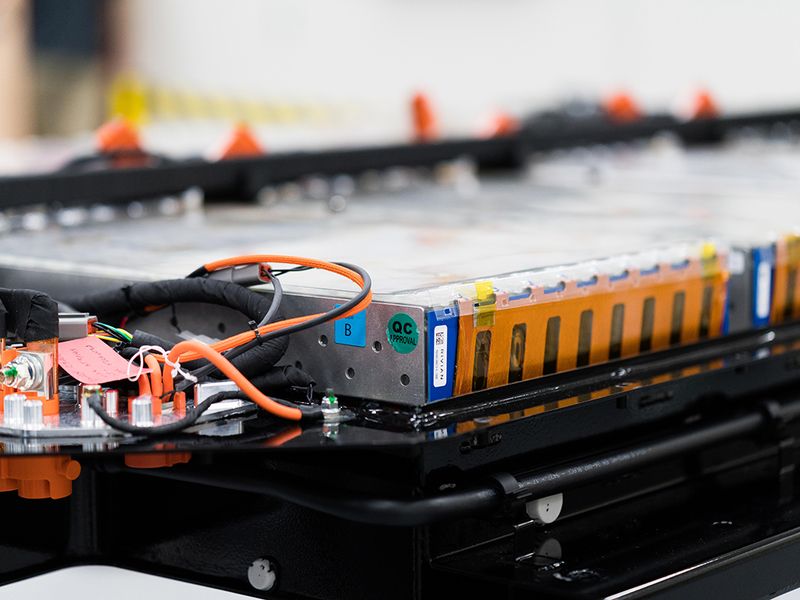
More pieces of Rivian’s puzzle are being snapped into place as the June launch of the company’s first vehicle, the $67,500 R1T electric pickup, approaches. The company published the warranty information Wednesday for its vehicles, including the one part of electric vehicles consumers are most concerned about: the battery pack.
Rivian’s warranty coverage of the battery pack is eight years/175,000 miles, whichever comes first, and includes all of the components inside the battery pack module, such as the cooling system. Beyond that, the company is covering the degradation of the pack. If the pack’s capacity falls below 70 percent, Rivian will repair or replace it.
The rest of the warranty for the R1T and R1S looks like this:
- Each vehicle comes with a five-year/60,000-mile bumper-to-bumper warranty that covers all parts and labor to fix any defective materials.
- The drivetrain, electric motors, transmission and axles are covered for eight years/175,000 miles, whichever comes first.
- The aluminum body panels are also covered against perforation for eight years/175,000 miles.
By comparison, Tesla, Rivian’s chief competitor — at least initially — offers a smorgasbord of battery warranties depending on the vehicle and the optional battery pack.
Tesla’s Model S and Model X, the company’s oldest vehicles, come with an eight-year/150,000-mile battery warranty that also guarantees a 70 percent range. But the Model 3 and Model Y have an eight-year warranty that covers the battery pack for either 100,000 miles or 120,000 miles, depending on the type of battery pack the customer chooses.
All Tesla batteries are warranted for 70 percent efficiency. Tesla’s basic warranty for defective parts and workmanship is four years/50,000 miles.
Ford Motor Co.’s battery warranty for the Mustang Mach E is eight years/100,000 miles and 70 percent efficiency.

